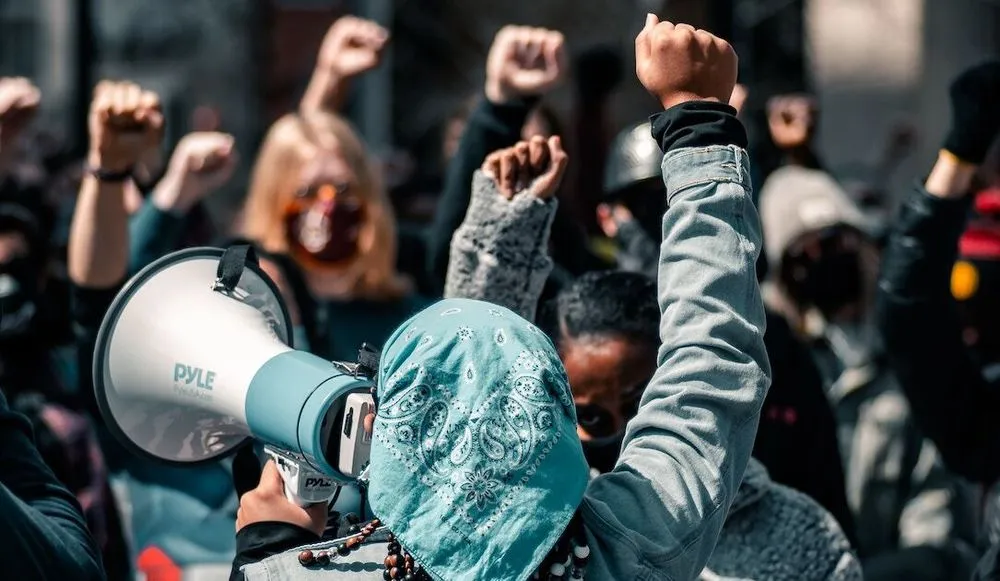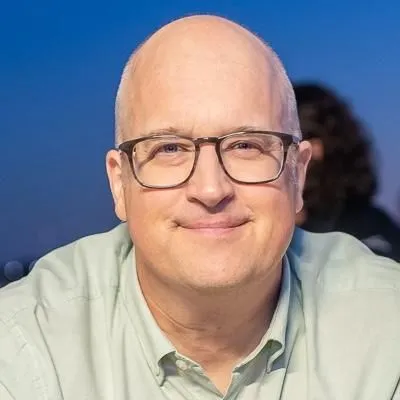US, UK, eight others unite on cyber protections for dissidents, journalists, advocacy groups
Cyberthreats against “civil society organizations, human rights defenders, dissidents, advocacy groups, journalists, and cultural institutions” have pushed 10 nations to create a forum for sharing ways to protect those groups and others.
“Authoritarian governments are increasingly using cyber means to target these groups, both within their countries and across international borders, including in acts of transnational repression to censor political opposition and track dissidents,” the nations said in a joint statement released by the Cybersecurity and Infrastructure Security Agency in the U.S.
The members of the new Strategic Dialogue on Cybersecurity of Civil Society Under Threat of Transnational Repression are Australia, Canada, Denmark, Estonia, France, Japan, New Zealand, Norway, the U.K. and the U.S.
A prominent threat is the use of commercial spyware by governments. Social media company Meta warned in December that the spyware and surveillance-for-hire industry is “indiscriminately” targeting journalists, activists and others. Examples include the Mexican army’s surveillance of journalists and spyware found on the phones of dozens of Thai activists.
Earlier this week the Biden administration blocked U.S. federal agencies from using commercial spyware that could pose security risks or already has been misused by foreign actors.
Also on Thursday, the U.S. State Department endorsed Guiding Principles on Government Use of Surveillance Technologies, a document produced by a 36-member group of nations known as the Freedom Online Coalition. The 10 countries behind the civil society forum are also members of the coalition.
In February, civil liberties groups called for a full European Union ban on spyware.
Joe Warminsky
is the news editor for Recorded Future News. He has three decades of experience as an editor and writer in the Washington, D.C., area. He previously he helped lead CyberScoop for more than five years. Prior to that, he was a digital editor at WAMU 88.5, the NPR affiliate in Washington, and he spent more than a decade editing coverage of Congress for CQ Roll Call.



